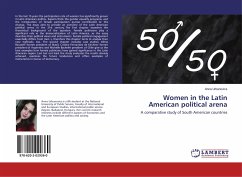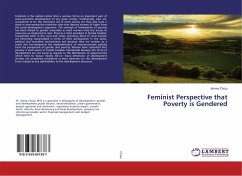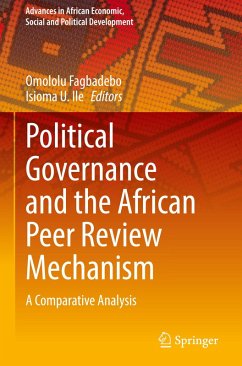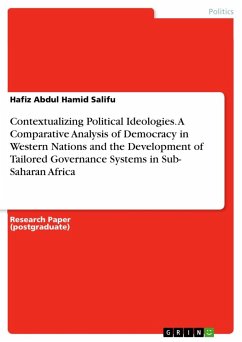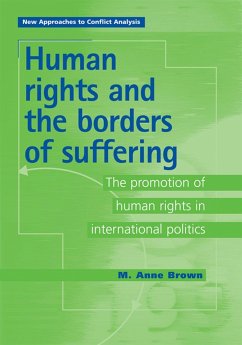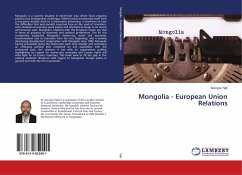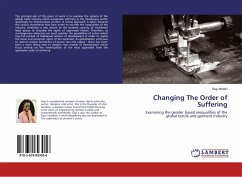
Changing The Order of Suffering
Examining the gender based inequalities of the global textile and garment industry
Versandkostenfrei!
Versandfertig in 6-10 Tagen
19,99 €
inkl. MwSt.

PAYBACK Punkte
10 °P sammeln!
The principal aim of this piece of work is to examine the systems of the global trade industry which exasperate suffering in the developing world, specifically for impoverished women. A critical approach is taken towards the various movements that have arisen to counter the inequalities of the industry. Attention is also drawn to the strained capacity of traditional legal spaces to actualise the rights of oppressed masses. Therefore, as contemporary advocates we must consider the possibilities of action which may fall outside of traditional notions of development in order to realise the social...
The principal aim of this piece of work is to examine the systems of the global trade industry which exasperate suffering in the developing world, specifically for impoverished women. A critical approach is taken towards the various movements that have arisen to counter the inequalities of the industry. Attention is also drawn to the strained capacity of traditional legal spaces to actualise the rights of oppressed masses. Therefore, as contemporary advocates we must consider the possibilities of action which may fall outside of traditional notions of development in order to realise the social and economic rights of the exploited. As globalisation continues to rupture archaic formations of power, law and capital - there has never been a more fitting time to imagine new models of development which focus entirely on the emancipation of the mass oppressed from the systematic order of suffering




